The debate that never was
There were no rebuttals; no heated exchanges and no stark policy differences to give apathetic or ambivalent voters a choice among the eight presidential candidates that took part.
Still, that ‘question-and-answer’ affair ended as a debate, never mind that the output was crudely misnamed—with little resemblance to what should have been.
On the bright side, voters did have the rare opportunity to hear candidates’ ideas unedited and in context—even from those contestants that most people have never heard of until that Tuesday night in Lilongwe when what was billed as the first ever nationally televised presidential debate was held.
A quick analysis of what could have made the event a regurgitation of each other’s policies came up with two scenarios: either the candidates or their parties do not have ideological leanings or there are not enough ideologies to go round given the rapid multiplication of active political groupings on the country’s fertile political landscape.
For example, on agriculture and food availability, nearly all the parties that participated—UDF, MCP, Petra, Umodzi Party, New Labour Party, PPM, Nasaf and United Independence Party—favour universal input subsidies as a strategy and they all want to irrigate our way out of hunger.
But on performance—in terms of both delivery—it was candidates from lesser known parties that impressed and were more assertive than candidates from the major brands.
Indeed, after Tuesday’s event, some voters could give these ‘small’ parties a second look—even a bump.
And if we were to subjectively analyse performance starting with the best and ending with the worst, below is how they would stand:
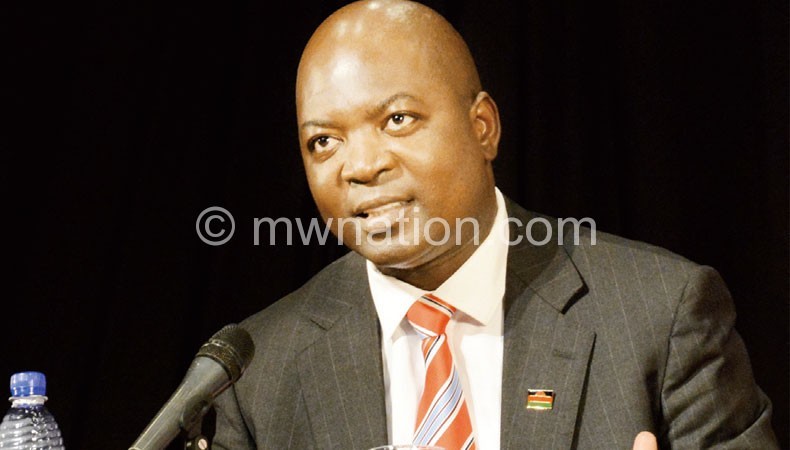
James Nyondo (Nasaf)
James Nyondo is one of those rare politicians who can compress complex issues into simple, punchy and digestible sound bites that people easily remember.
For example, on what kind of leadership Malawians need, Nyondo said “What Malawi need is a man or woman secure enough to hire people more competent than themselves.” On how the education system can be improved, Nyondo again hit at the leadership theme with devastating effect: “Presidents are the problem; they get too much money and they have too much power,” which he said negatively affects execution of education programmes through podium policy-making and needless directives.
At one point, he said Malawians’ poverty is designed by politicians who “worry that if people are developed, they will not give them votes”.
Explaining how he would motivate extension workers to continue working in rural areas, Nyondo said he would provide them with enabling equipment, adding, tartly, that “it does not make sense to give motor cycles to kabanza operators when our extension workers do not have mobility”—a direct jab at President Joyce Banda who has been donating motor bikes to bicycle taxi operators.
On the substance side, he had an interesting policy proposal on how to improve transparency and accountability in public procurement: carryout bid evaluations live on television!
Whether Nyondo will establish a special ‘procurement television channel’ to achieve this goal was not immediately clear.
But as the night wore on, Nyondo was the only candidate the audience was looking forward to listen to.
And that is no mean achievement in its own right. Whether he can sustain the momentum and get second looks from voters is another matter all together.
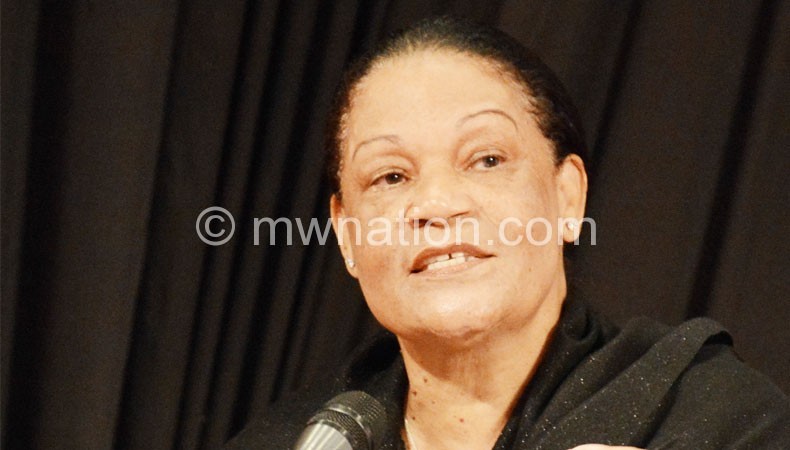
Abusa Helen Singh (UIP)
The only female presidential candidate of the night was impressive. Singh is well read, demonstrated enough knowledge of issues to make her a policy wonk and showed a lot of emotion in her well-delivered responses.
She exuded empathy; that she gets it, in a folksy way that is refreshing. She certainly knows how to use her past experience to show appreciation of what the poor go through every day.
“I have worked to help the poor for over 20 years now. It is this community work that made me realise that poverty levels are very deep and very painful,” she said in a quite emotional voice.
Singh also showed that she is a formidable politician when she delivered, with a catch in her voice, the following line: “It breaks my heart that after 50 years there are still people who have absolutely nothing”.
Mrs. Singh can muster an emotional appeal that should make other candidates pause. Mix that with the good ideas that she offered—abolish and replace the coupon system, strengthen targeted agriculture research in universities; diversify crop production to get rid of mono-cropping; establish vocational centres in every district, village polytechnics and removing the quota system “so that students go to university by merit, not by the districts they come from”—and you have a politician to watch very closely.
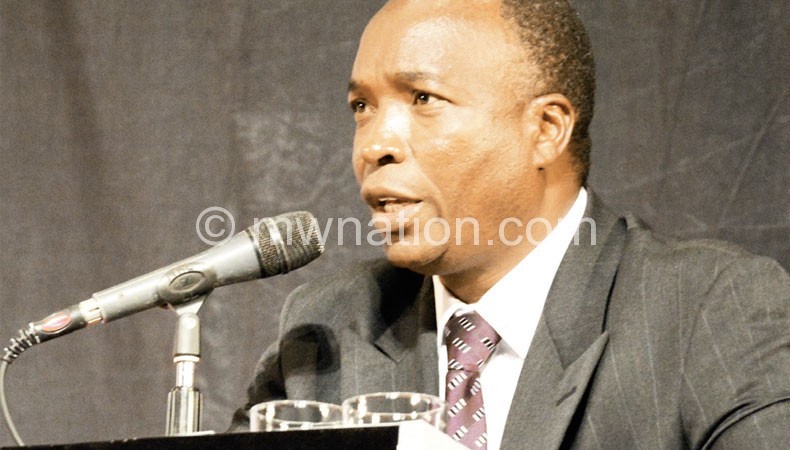
Professor John Chisi (Umodzi Party)
The Umodzi Party leader’s delivery was consistent with that of the professor that he is. Every response as well as policy proposals were well-nuanced and in context, if not too academic to work.
In mind comes the idea of government going into partnerships with individual doctors under public private partnerships and share the revenue as well as his push for feudalism.
But his idea of referral hospitals in every district so that the current central hospitals should only be training institutions could, if he can find money to pay for this dream—be an excellent idea that helps bring health service delivery closer to the people in a more sustainable way while developing a health personnel training architecture that focuses on results and is ready to deal with 21st century health problems.
But it was clear from his delivery that the man remains a political novice, was unable to meaningfully engage with the audience in a way that brings the sort of connection that Nyondo, for example, achieved.
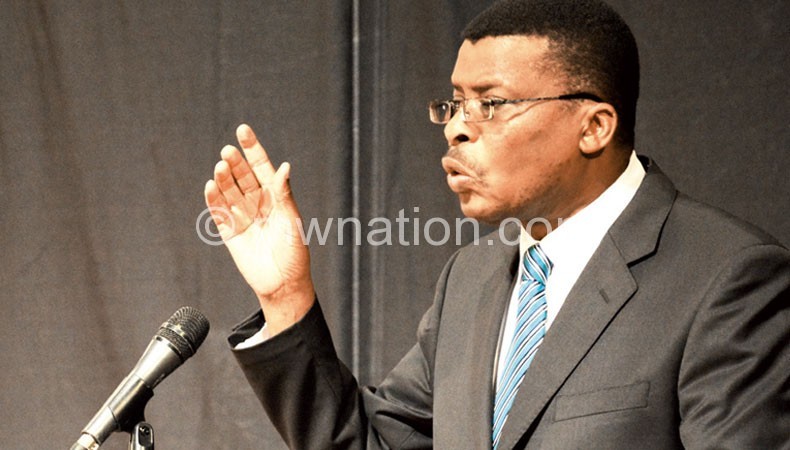
Kamuzu Chibambo (Petra)
He was so fired up that at some point he sounded agitated and confused as he continuously bungled even the ticking off of his talking points. His body language appeared desperate and his decibels were so high that he sounded angry at almost everyone, but himself.
He railed against “thieves” who mismanage the Farm Input Subsidy Programme (Fisp) but did not offer how he would deal with them.
On education, Chibambo plans to bring volunteer English speaking teachers from oversees to improve the country’s English speaking abilities; will reintroduce inspection and regulation of schools; partner with parents to reduce girl dropout rates; boost teacher training and bring mobile Polytechnics, among other initiatives.
On his commitment to protect the constitution, the emotional Chibambo will, for good measure, paste his sworn statement on his office wall to remind him always of what he swore to protect. His central message to the voter was this: Please do not dismiss lesser known candidates on face value; give us a chance we have something better to offer than the permanent politicians that have dominated Capital Hill from 1964 to date.
But will somebody listen to him? He better hope so. Chibambo has been delivering this very message over the past 10 years and he has not even won a parliamentary seat.
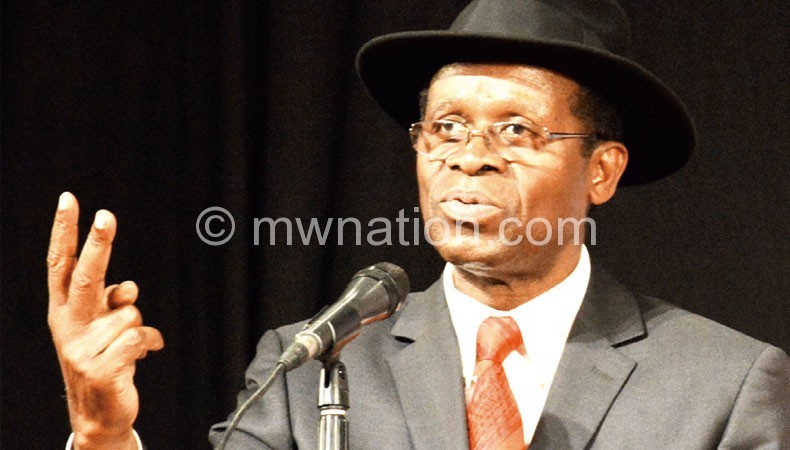
Mark Katsonga (PPM)
That the man wholeheartedly believes in his 20-point plan is not in doubt. What maybe suspicious is his conviction that decentralisation is the panacea for all of Malawi’s problems. He seems to have too much faith in devolution.
Mr. Katsonga, what will you do to improve health service delivery in Malawi? I thought you would never ask he seemed to say: decentralise of course—it will help reduce the travelling distance for every Malawian to a health service within a radius of 5km.
What about your plan for access to quality education? It’s decentralization, silly—it will help build more schools, technical colleges and universities. And, oh, decentralisation will lead to the abolishment of the central government’s Account Number One which, according to Katsonga, is a good thing because all councils will collect their own revenue through taxes, levies and fees and all those resources should remain at the local authority. He, however, neglected to explain how the central government will function without money given that even the “overseer” role he has assigned to Capital Hill will still need money. The man, it is clear, has an overzealous and naïve faith in decentralisation.
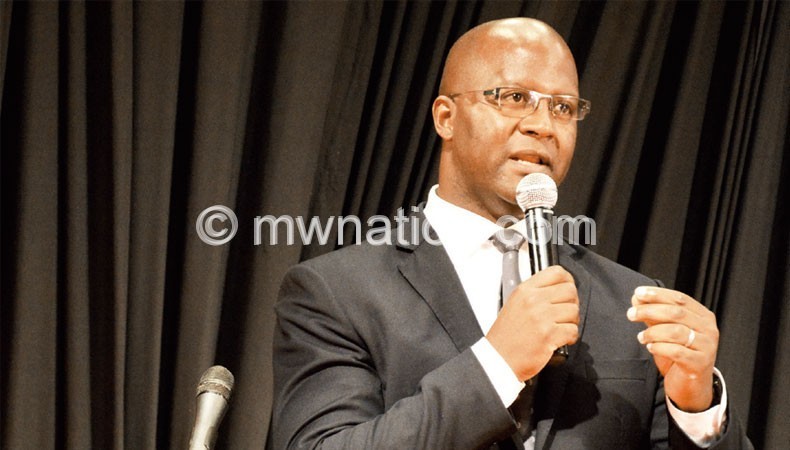
Atupele Muluzi (UDF)
The UDF leader worked very hard to look presidential—and he pulled it off superbly. He displayed excellent body language and was the best listener of the eight—always looked straight at the opponent who had the floor whereas most of the candidates mostly looked down or elsewhere when it was someone’s turn.
But Atupele missed an opportunity in the opening question of why he should be given the majority of the votes May 20.
While almost every ‘debater’ talked up their academic grounding, business management backgrounds, track records of consistent leadership, all the young Muluzi saw as his most important qualification for the job was his participation in the July 20 deadly protests.
He did hit the right notes on a number of times, including cutting presidential powers, abolishing the quota system, educating the girl child and being transparent and accountable to the people.
On the latter point, he took a dig at the absent President Joyce for not coming “to answer tough questions” on Cashgate and Jetgate.
Atupele also had two important and unique policy positions that could be controversial: He will make it mandatory for politicians and civil servants not to supply to government and, second, that he will use private external auditors to audit government.
On the first, everyone has a right to economic activity—denying certain companies government business simply because their owners are politicians or civil servants could be construed as denying such people their rights.
On the use of private auditors, the automatic question that comes is: The National Audit Office (NAO) is not only the country’s supreme auditing institution; it is also government’s official external auditor.
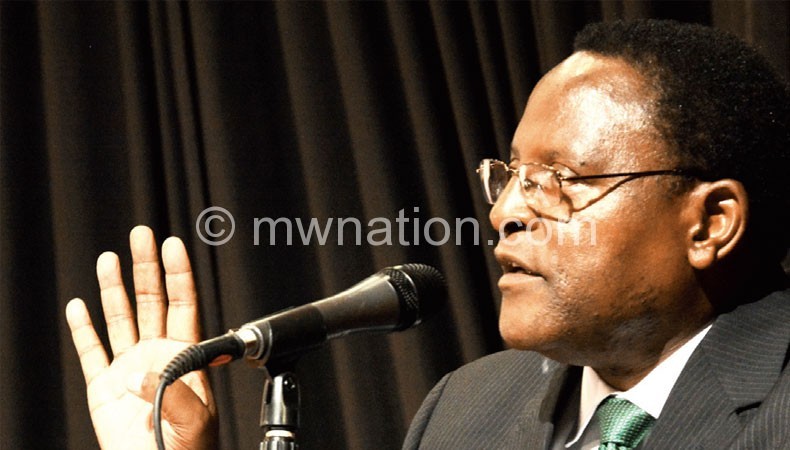
Dr. Lazarus Chakwera (MCP)
The MCP president probably had the strongest finish of the night. His short, but inspirational speech of “I am glad I participated in this debate; that by participating I am on the right side of history” was almost the stuff that Martin Luther King Jr. was made of.
In those few closing seconds, Chakwera demonstrated that he can use words to inspire a dispirited nation, bring it together for a common cause on common ground. The MCP can use this speech delivering gift—which has to be in English—to attract the middle class, including professionals, university students and the younger generation.
But Chakwera is no debater. His preambles of general understatements such as “an uneducated nation is a paralysed nation”, “a nation that is not healthy cannot develop” have the potential of prompting his listeners to switch themselves off what they may consider as obvious and tired lines.
That said, Chakwera did push, very strongly, the narrative that he represents “the freshness, the newness, someone who has not been in active politics, but has a track record of leadership competence.”
But his policy proposals of “people proceeding to secondary school even at the same venue” and “people need to be trained even where they are and live” sounds too good to be true, especially when the question of how all this can work logistically and financially was not addressed.
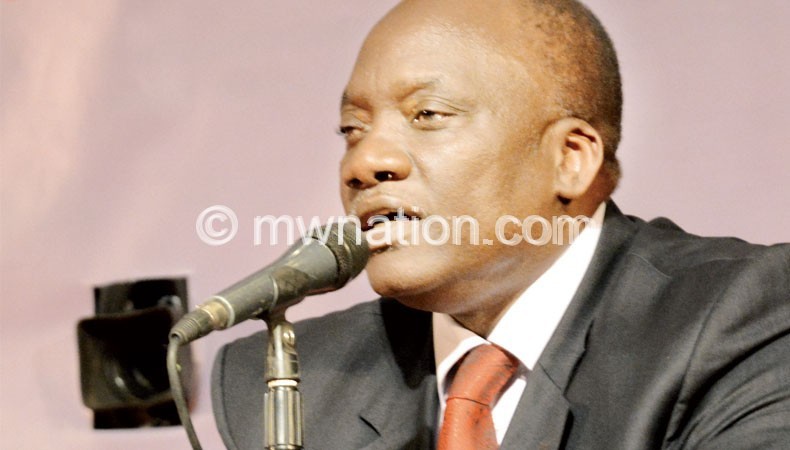
Friday Jumbe (New Labour Party)
His strongest point was his ability—possible for an experienced economist—to attach numbers to his proposals and where he would possibly get the money to finance them. While everyone was embracing universal subsidies, it was only Jumbe who said he would put fertiliser prices at the flat rate of K5 000 (US$12) from the current K17 000 (US$40) so that everyone can buy not just some targeted farmers. But his proposal to use existing secondary schools to train 4 000 additional teachers to diploma level may not be realistic given that infrastructure in secondary schools is already inadequate and substandard; hence, to bring in college education at such venues would be a tall order. In terms of body language, Jumbe looked and sounded as though he would rather be somewhere else and some of his responses were delivered too casually.
Conclusion
The Tuesday debate did not live up to its name and billing, but it was a start of an issue-based campaign that has lacked for decades. It gave voters an opportunity to listen to lesser known candidates who churned out good ideas and showed some remarkable leadership skills. Most importantly, it paved the way for the voter to make informed choices. The two remaining debates are likely to be sharper than the first.





